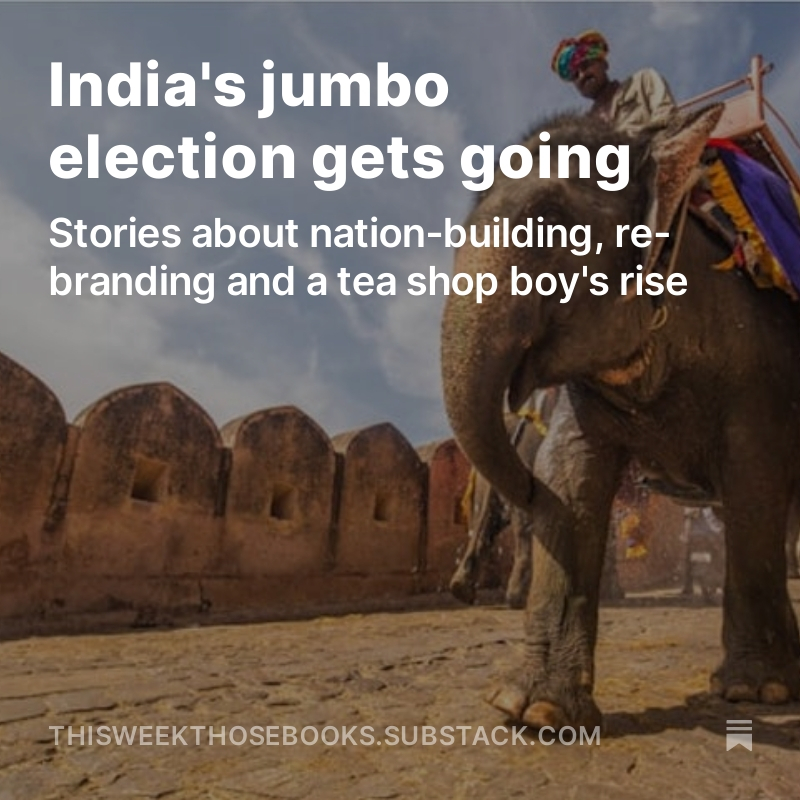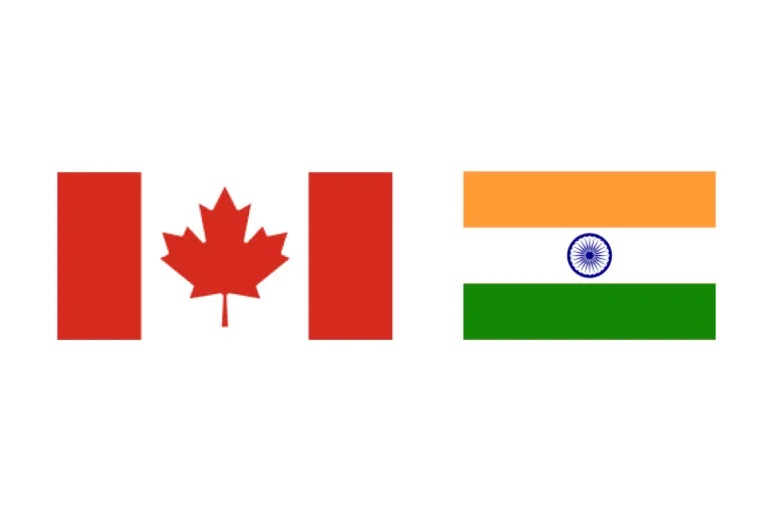It is not news that an Indian election involves a lot of people

On Friday, April 19, India starts its much hailed dance with electoral democracy. Every media outlet is writing or broadcasting about the “world’s largest election”. There is awed repetition of the numbers in prospect.
On the first day of voting, April 19, for instance, a population bigger than Britain and France will be casting their ballots, western journalists breathlessly report. Altogether, they solemnly say, India’s electorate of nearly a billion is more than the combined populations of Europe and America!
India is, of course, one-sixth of humankind. It is not news that an Indian election involves a lot of people. It would be news if the electorate were small despite India being the world’s most populous nation.
In fact, one of the most newsworthy aspects of this election is the relative lack of uncertainty about the outcome. The governing BJP and Prime Minister Narendra Modi are thought almost certain to win a third term. And there are allegations they’ve fiddled with the system to eliminate most of the nerves that go with any election, and surely one in the “world’s largest democracy”.
The epilogue to the third edition of Indian historian Ramachandra Guha’s expansive book, India After Gandhi is titled “The Republic’s Rocky Road”. In the book’s first edition, Mr Guha, a greatly respected analyst, judged India to have a “50-50” chance of making democracy a success. Now, he seems to think that may be a stretch as five key Indian institutions are not functioning as the Constitution hoped. He writes that India’s political parties are “characterised by dynastic succession, the lack of inner-party democracy, and the cult of personality”. The legislature, he says, is not working as well it might, with bills now passed hastily and with little opposition scrutiny. India’s civil service and police are increasingly politicised. Questions are being asked about the credibility of India’s judiciary. And major media outlets have become government shills.
The newsworthy stories about India’s elections don’t revolve around numbers at all but the narratives of real people, whose lives and/or experiences illustrate how politics and electoral democracy works (or doesn’t work) for them.




